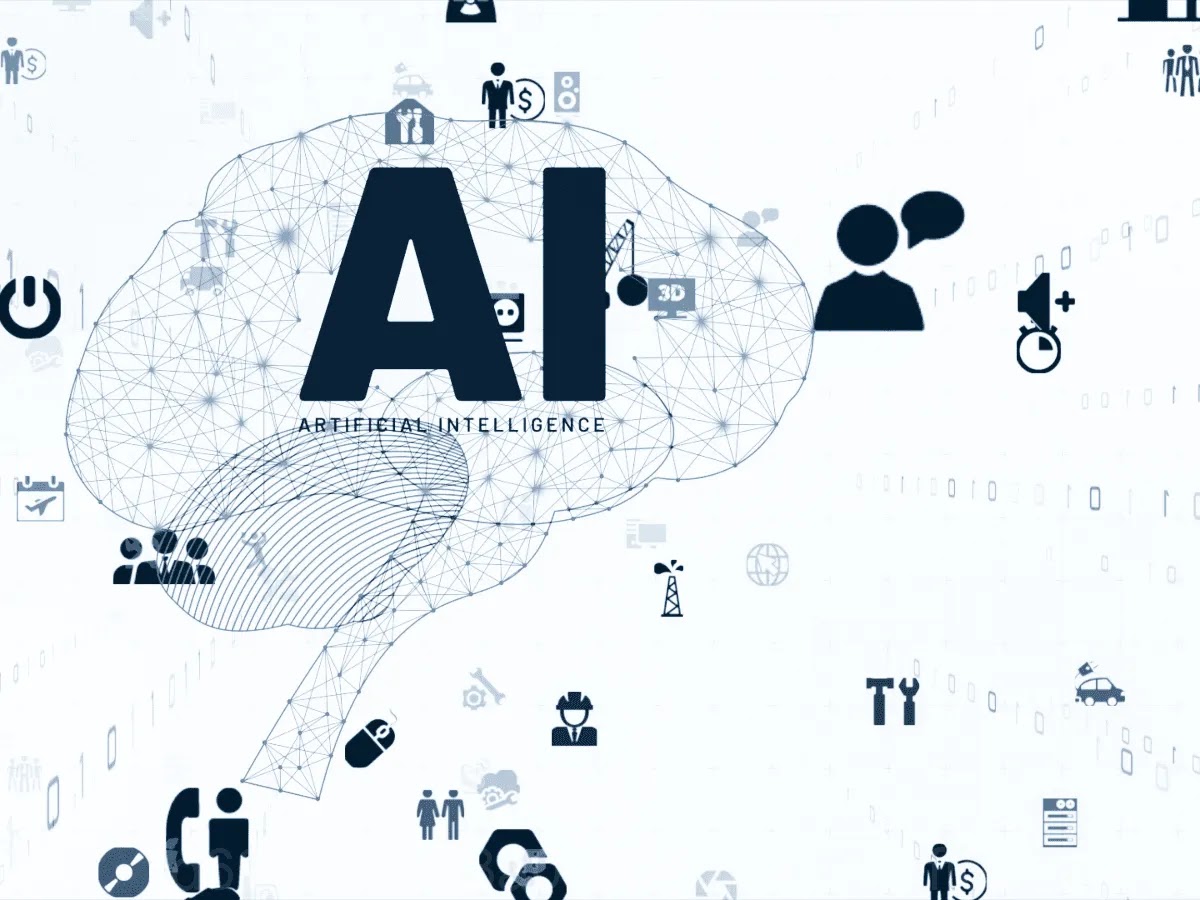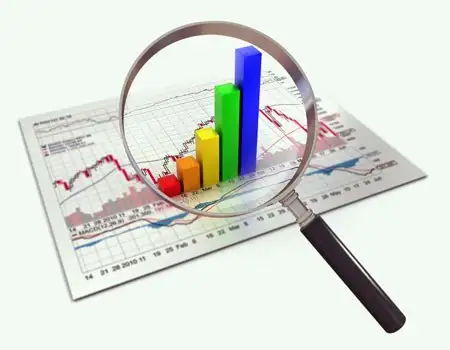AI In Data Analysis
In the digital age, data is a valuable asset of every organization. However, processing and analyzing big data has become more complex than ever, requiring powerful support tools. Artificial intelligence (AI) has emerged as an effective solution, not only helping to analyze data quickly but also providing data visualization tools, helping users easily understand and use data. to make strategic decisions.
Thanks to AI, data analysis becomes more efficient and accurate, with models automatically learning from data and making predictions and trends. AI has the ability to detect complex patterns in data that are difficult for humans to recognize, and provides intuitive interfaces that are easy to understand, making them usable for non-technical users.

1. Tableau
Tableau is one of the most popular visual data analysis tools today. With AI integration capabilities, Tableau helps users easily analyze large data sets and create vivid, intuitive charts and tables. This tool is not only suitable for data professionals but is also easy to use for non-technical people.
Tableau offers AI features like *Ask Data*, which allows users to enter questions directly in natural language and receive corresponding analyzes and charts. This helps shorten analysis time and helps users focus on data-based decision making instead of creating manual reports.
2. Power BI
Microsoft Power BI is another powerful data analytics platform that integrates AI features for data automation and visualization. Power BI provides advanced analytics tools and the ability to connect to many different data sources, thereby creating dynamic reports and dashboards. This platform is very flexible and suitable for both small and large businesses.
With Power BI, users can use AI to analyze data in real time and predict future trends. The tool also provides natural language-based data analysis capabilities, allowing users to search and request reports without writing complex code.
3. Qlik Sense
Qlik Sense is an advanced data analytics tool that integrates AI features to visualize and analyze data with ease. Qlik Sense offers customizable dashboards, allowing users to intuitively track and analyze key business metrics. AI in Qlik Sense helps automatically detect hidden patterns and relationships in data.
With Qlik Sense, users can easily drag and drop elements to create intuitive charts and reports, and use AI features like *Insight Advisor* to get data and forecast recommendations. predict trends. This is the ideal tool for businesses that want to optimize data-driven decision-making processes.
4. IBM Watson Analytics
IBM Watson Analytics is a powerful AI tool designed to help users analyze data in an intuitive and easy-to-understand way. With the ability to automatically analyze data and create intuitive reports, IBM Watson Analytics allows users to easily interact with data and discover hidden information without the need for in-depth programming knowledge.
The tool supports AI features like natural language processing, helping users directly ask questions about the data and get quick analytics. IBM Watson Analytics is ideal for businesses that want to use AI to analyze complex data and make quick decisions.
5. Google Data Studio
Google Data Studio is a free tool from Google that helps users create visual and interactive reports with data from a variety of sources. Although Google Data Studio does not integrate advanced AI features like other tools, it provides basic features and is very easy to use for beginners.
Users can connect Google Data Studio with other services such as Google Analytics, Google Ads and BigQuery to analyze data effectively. This tool enables the creation of intuitive dashboards, making it easy for users to track business metrics and adjust strategies based on real-time data.
AI And Innovation In Data Analytics
AI-integrated data analytics tools like Tableau, Power BI, Qlik Sense, IBM Watson Analytics, and Google Data Studio are revolutionizing the way businesses analyze and make data-driven decisions. With its ability to automate and visualize data, AI not only simplifies the analytics process but also delivers valuable insights to organizations.
Advances in AI have made data analysis more accessible and helped businesses optimize business strategies based on accurate predictions and trends. The future of data analytics will continue to be driven by AI, bringing many opportunities and potential to every industry.


